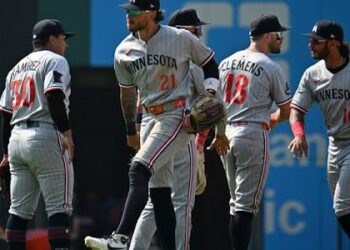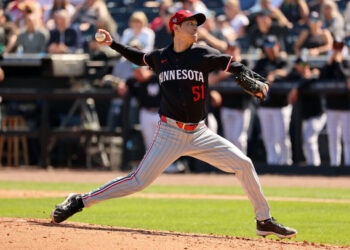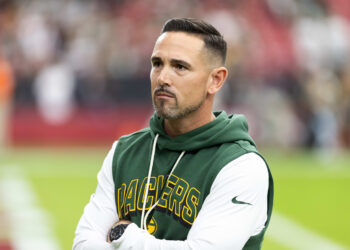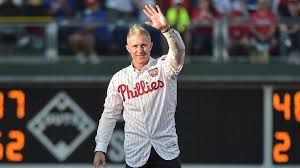Disappointing seasons don’t sit well with the Boston Red Sox. Or, at least, they aren’t supposed to.
Boston missed the playoffs once again in 2024, marking the third season in a row they have been left out of the October party. An offseason shakeup could be in order as the Red Sox look to finally re-enter the conversation as real threats to win a World Series in 2025 and beyond.
As the Red Sox examine their lineup, one thing that stands out is the overabundance of left-handed batters. One lefty bat could be caught in a roster crunch, and it happens to be a bat the Red Sox spent quite a bit of money on two winters ago.
Masataka Yoshida, the Red Sox’s primary designated hitter in 2024, had a fairly mediocre year compared to expectations set for the Japanese star in year two with Boston. He has great contact skills, but doesn’t hit for much power, and doesn’t have the athleticism to play the outfield.
On Thursday, Chris Cotillo of MassLive discussed the likelihood that the Red Sox would at least attempt to trade Yoshida, who has three years left on the five-year, $90 million deal he signed with the Red Sox before the 2023 season.
“In trade talks, the Red Sox would have to hope another club thinks that Yoshida’s one elite skill is worth a dice roll and that he might be able to improve in other areas, especially offensively against lefties,” Cotillo said.
“Paying down some of the remaining salary may help facilitate a deal. After exploring the possibility last winter as he took stock of the organization, Breslow is almost certain to do it again. He might find that doing so represents addition by subtraction, not because Yoshida is a lost case, but because the puzzle pieces of a roster the Sox hope will contend just fit better together without him.”
While swallowing the money on Yoshida’s contract (or any large free-agent deal) is a tough look for Boston, that deal wasn’t Breslow’s decision to sign. This is his team now, and if he thinks a lineup without Yoshida taking up room gives Boston a better chance to make the playoffs, he can make that call.
What makes the move difficult, though, is that Yoshida clearly does possess some special traits as a hitter, some of which the Red Sox are lacking otherwise. His high average and low strikeout rates are good to have in a lineup loaded with swing and miss elsewhere.
Trading Yoshida will likely be one of the key stories of the offseason–whether it happens or not. Cotillo’s insight at least lets fans get a glimpse of the early thought process around why it might make sense.











Discussion about this post